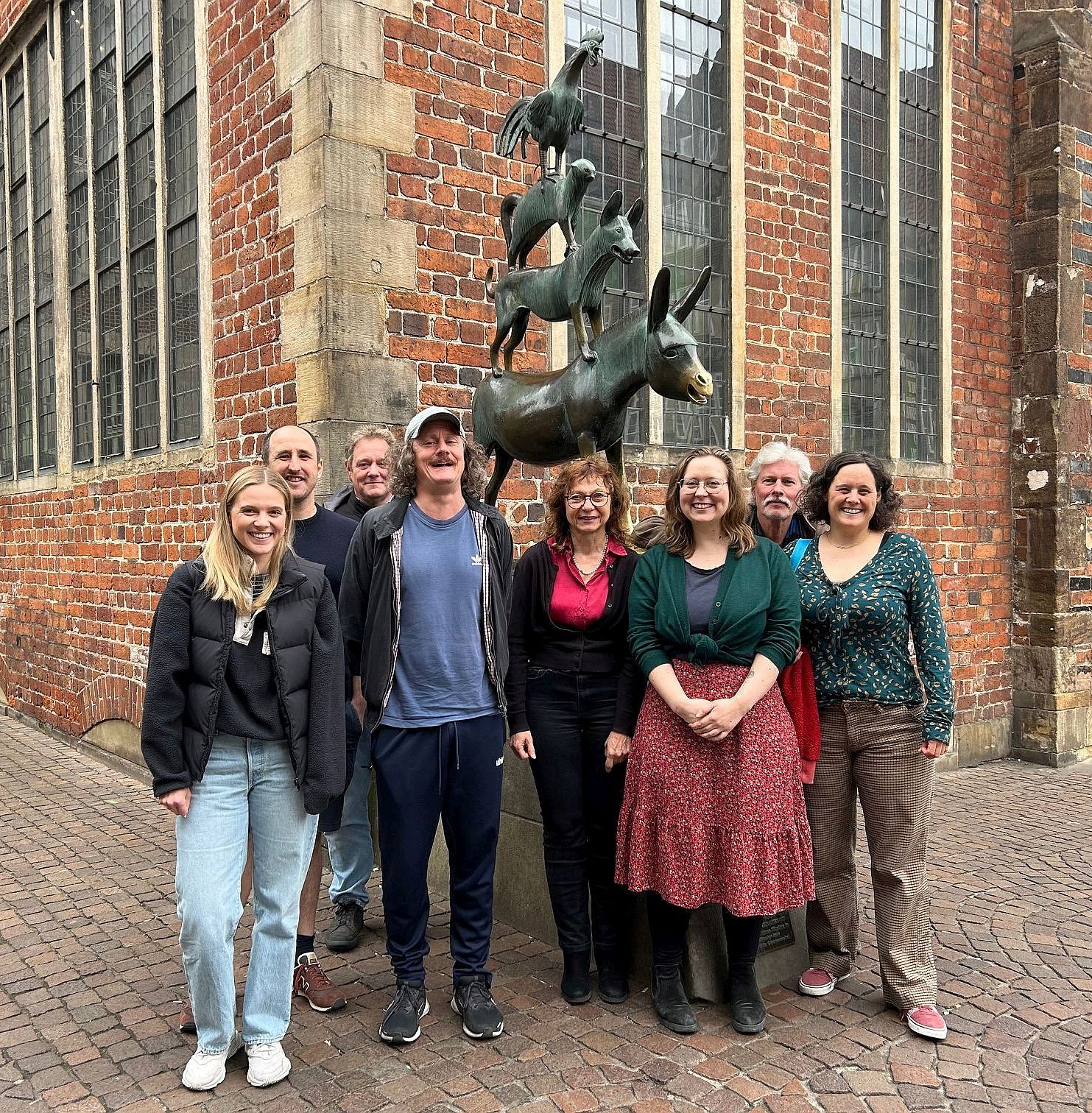
Research programme of the unit Institutional Change in Work, Employment and Society (September 2021). The research focuses on processes of social change in relation to different forms of work. While a broad understanding of the term “work” that includes volunteering or unpaid reproductive work is generally employed, the primary focus is on the structuration and regulation of paid employment. The theoretical approach adopts the perspective of integrated social science and social research and also draws on elements from sociology, political science and political economy for its framework. A specific focus of the research on the emergence of (labour) political counter-movements is justified by understanding current processes of change (globalisation, digitisation, commodification) as sequences in a Great Transformation in accordance with Karl Polanyi. We investigate such mobilisations from a pragmatic and neo-institutionalist perspective. The individual projects can be grouped into three topic clusters:
1. Changes in employment conditions and private lifestyles
We understand the interplay of regulations and benefits provided by the welfare state, collective bargaining and individual firms to be the nexus of employment conditions that shape paid employment and the concomitant options for private lifestyles. The social framework for developments in this area is formed by sequences of individualisation and singularisation in the cultural field. With its focus on the precarisation of work, the research in this stream gains a twofold democratic-political significance: With the erosion of the standard employment relationship and the spread of precarious employment conditions from the margins to the centre of society, social democracy loses its formative power as a structuring principle for capitalist societies. At the same time, as structural conditions are changing, the parameters of subjectivisation through work are also shifting, as shown not least in the new authoritarianism. The projects consider both developments from the perspective of research on consciousness of precarity and as wage-earners.
2. Forms of labour relations and their actors
In the outgoing social capitalism, the traditional arrangement of labour relations is being increasingly eroded. In this context, research in the second stream investigates the changing relations between the traditional actors in firms and at the collective level as well as the significance of “new” advocacy groups (professional associations, stakeholders etc.) for labour policy. The social megatrends of globalisation, digitisation, the commodification of the social and climate change delineate the frame. Conflicts arise here between the objectives of securing a site and redistribution, between technological progress and saving jobs, between controlling nature and sustainability. From the perspective of organisational sociology and political economy, we investigate how working and employment conditions are negotiated between the competing demands of collective bargaining and social policy, as well as indirectly between industrial and economic policy.
3. Paid employment in the course of European integration and globalisation
Especially since the 1970s, globalisation has fundamentally changed the structure of social capitalist arrangements. While opening up new labour markets in the periphery further boosted the economies of the core countries, the (threatened) relocation of jobs has also been accompanied by a successive decline in social and labour standards. The increasing integration of the EU has reinforced these trends in the European area. Under conditions of heterogeneous political economies, the question arises of to what extent are trade unions and firm-based forms of workers’ representation able to protect national labour markets from predatory competition and/or to develop common positions on a cross-border scale. The projects in this stream investigate these issues with a special focus on transnational representative bodies.